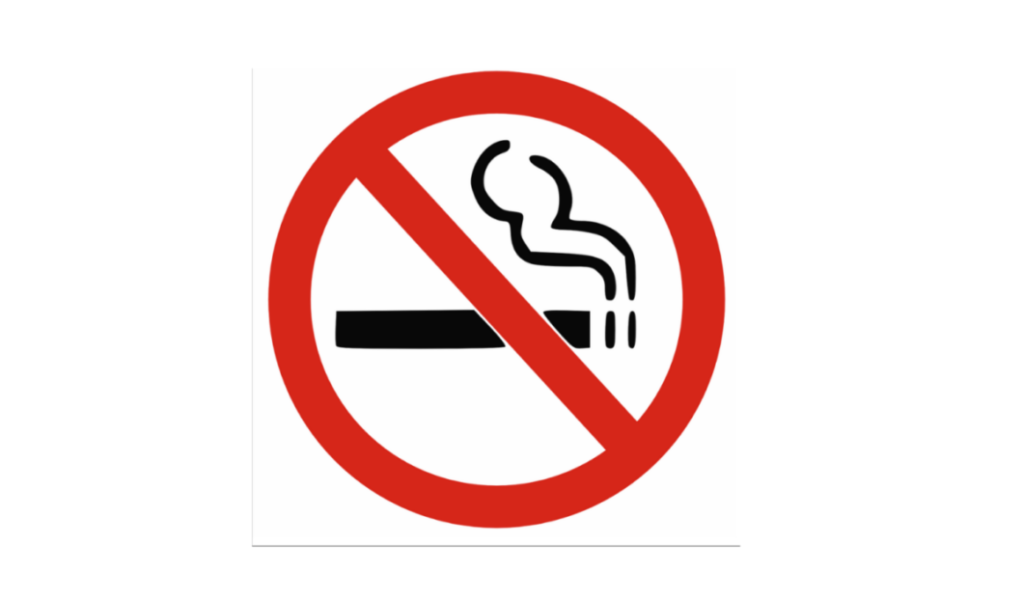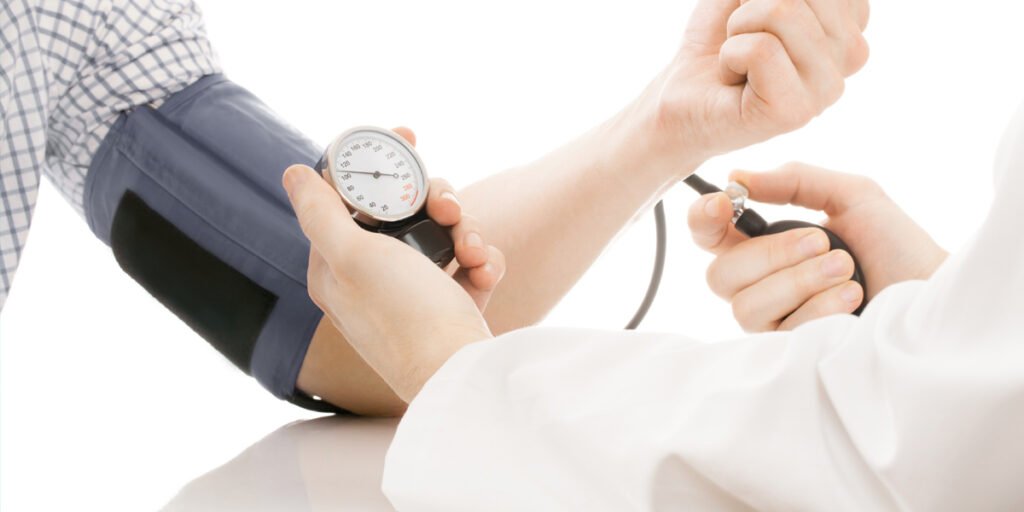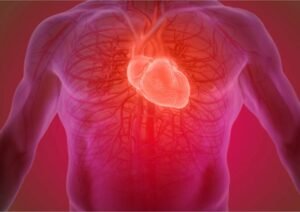Introduction
Having a healthy heart is essential for overall well- being and life. By following a numerous simple way, you can meliorate the health of your heart and reduce the trouble of cardiovascular conditions. These way involve espousing a healthy life and making conscious choices in your quotidian routine.
1. Eat a Balanced Diet
Include fruits, vegetables, whole grains, lean proteins, and healthy fats in your diet. Avoid foods high in saturated and trans fats, cholesterol, and sodium.
2. Exercise Regularly
Engage in moderate-intensity aerobic activities, such as walking, swimming, or cycling, for at least 150 minutes per week. Also, incorporate strength training exercises to improve heart health.
3. Maintain a Healthy Weight
Excess weight puts strain on your heart. Aim for a healthy weight by following a balanced diet and exercising regularly.
4. Don’t Smoke

Smoking damages blood vessels and increases the risk of heart disease. If you smoke, seek help to quit. Avoid secondhand smoke as well.
5. Limit Alcohol Consumption
Excessive alcohol intake can raise blood pressure and contribute to heart disease. Limit alcohol to moderate levels: one drink per day for women and up to two drinks per day for men.
6. Manage Stress
High levels of stress can negatively impact your heart health. Find healthy ways to manage stress, such as exercising, practicing relaxation techniques, or engaging in hobbies.
7. Control Blood Pressure

Monitor your blood pressure regularly and take necessary steps to keep it within a healthy range. This may include lifestyle changes and medication.
8. Manage Cholesterol Levels
High cholesterol can lead to plaque buildup in arteries, increasing the risk of heart disease. Maintain healthy cholesterol levels through a balanced diet and, if needed, medication.
How Does the Heart Work A Simple Explanation
The heart is a vital organ in the mortal body that plays a pivotal part in keeping us alive. It works lifelessly to pump blood throughout our entire system, supplying oxygen and nutrients to every cell and removing waste products. Understanding how the heart works can help us appreciate its amazing capabilities.
There are four main way involved in the functioning of the heart
Step 1 Blood Enters the Right Atrium
Deoxygenated blood from the body enters the heart through the superior and inferior vena cava and flows into the right patio. The patio contracts, pushing the blood into the right ventricle.
Step 2 Blood is Pumped to the Lungs
The right ventricle contracts, pumping the deoxygenated blood into the pulmonary roadway. This roadway carries the blood to the lungs, where oxygen is attained, and carbon dioxide is released.
Step 3 Oxygenated Blood Returns to the Heart
The oxygenated blood also returns to the heart through the pulmonary modes and enters the left patio. The patio contracts, pushing the blood into the left ventricle.
Step 4 Blood is Pumped to the Body
The left ventricle, being the strongest chamber of the heart, contracts and pumps the oxygen-rich blood into the aorta. The aorta distributes the blood to the rest of the body, icing that every cell receives the necessary oxygen and nutrients.
Step 5: Blood Flows into the Right Ventricle
From the right atrium, the blood is then pumped into the right ventricle. The contraction of the right atrium forces the blood into the right ventricle, which acts as a pump to propel the blood forward.



